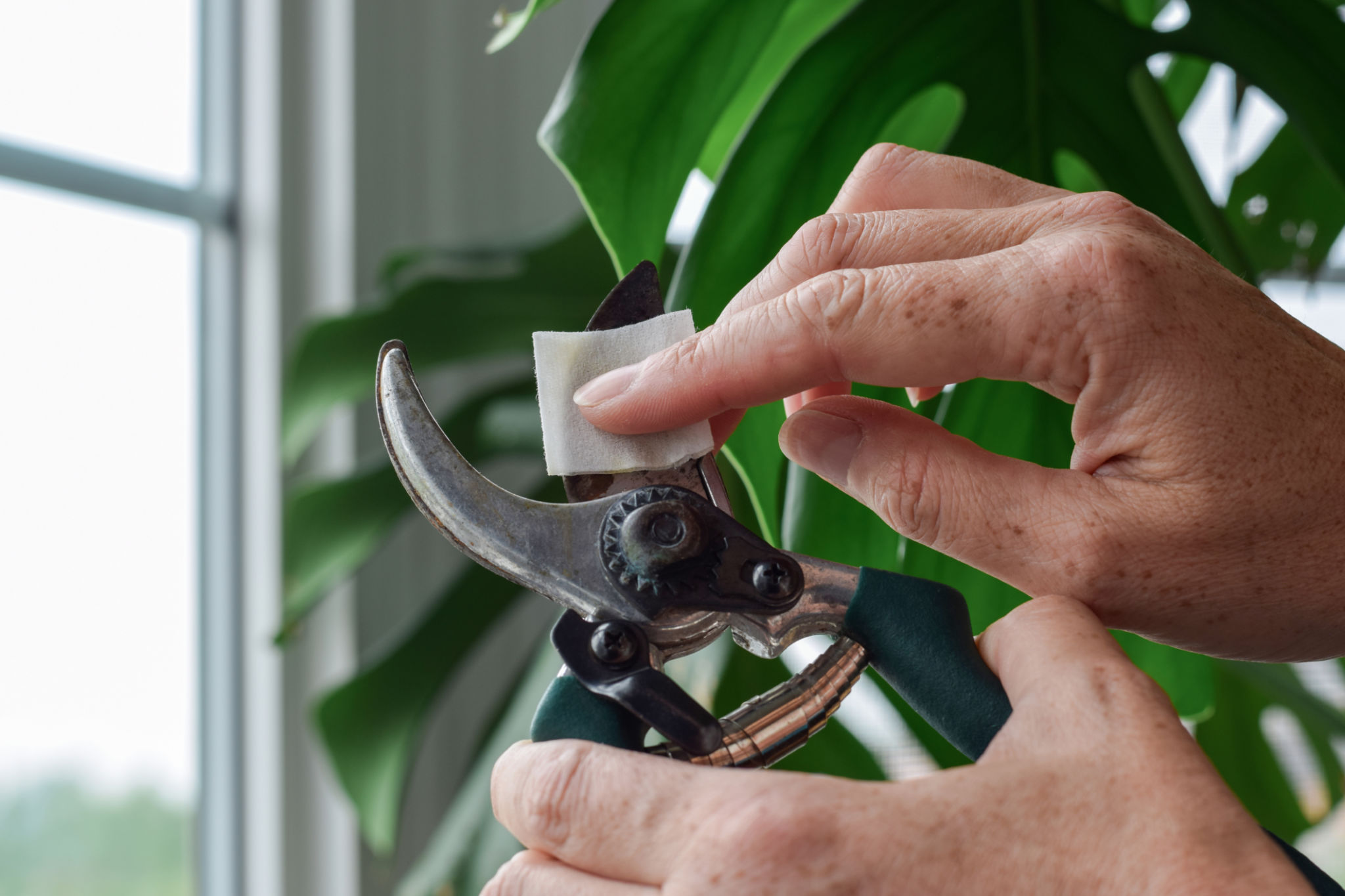How to Screen Garden Soil Effectively: Tips from the Pros
Understanding the Importance of Screening Garden Soil
Screening garden soil is a crucial process for ensuring that your plants have the best possible environment to grow in. By removing debris, rocks, and other unwanted materials, you create a more uniform and fertile soil that promotes healthy root systems. This process can significantly enhance your garden's productivity and aesthetics.

What You Need to Get Started
Before you begin screening your soil, it's important to gather the necessary tools. A soil screen or sieve is essential, and you can either purchase one from a garden center or make your own using wire mesh. Additionally, you may need a shovel or spade, a wheelbarrow for transporting soil, and a tarp to collect debris.
Steps for Effective Soil Screening
Screening soil involves several steps that ensure thoroughness and efficiency. Here’s a basic guide on how to proceed:
- Choose a Suitable Location: Find a flat, open space to spread out your tarp and set up your screen.
- Prepare Your Soil: Use a shovel to scoop soil onto the screen. It’s best to work in small batches to avoid overwhelming the screen.
- Begin Screening: Shake or sift the screen to allow fine soil particles to pass through while debris remains on top.
- Collect and Dispose of Debris: Remove the debris from the screen and dispose of it appropriately. Repeat until all your soil is screened.

Tips from the Pros
Professional gardeners recommend a few tips to enhance the effectiveness of your soil screening process. First, it's crucial to work with dry soil whenever possible, as wet soil can clump and clog the screen. Also, consider double screening if you find that too much debris is passing through on the first attempt.
Choosing the Right Mesh Size
The mesh size of your screen plays a vital role in determining the quality of your screened soil. A smaller mesh size will result in finer soil, which is ideal for seed starting and delicate plants. On the other hand, a larger mesh size may be suitable for general garden use where some organic matter is beneficial.

Maintaining Your Soil Screen
Consistent maintenance of your soil screen will prolong its lifespan and efficiency. After each use, clean the screen thoroughly to prevent rust and deterioration. Store it in a dry place, preferably under cover, to protect it from weather elements.
Benefits of Regular Soil Screening
Screening your garden soil regularly offers numerous benefits. It can reduce weeds by removing seeds present in debris and enhance drainage by eliminating large rocks and clumps. Additionally, it contributes to a more uniform soil texture, which aids in plant growth and root expansion.
Additional Considerations
While screening can improve soil quality significantly, remember that it's just one part of maintaining a healthy garden. Complement screening with regular soil testing and amendments like compost or fertilizers to ensure nutrient-rich conditions for your plants.
Conclusion
Screening garden soil is an effective way to enhance its quality and boost plant health. By following these professional tips and techniques, you can achieve optimal results in your gardening efforts, ensuring lush and vibrant growth throughout your garden.